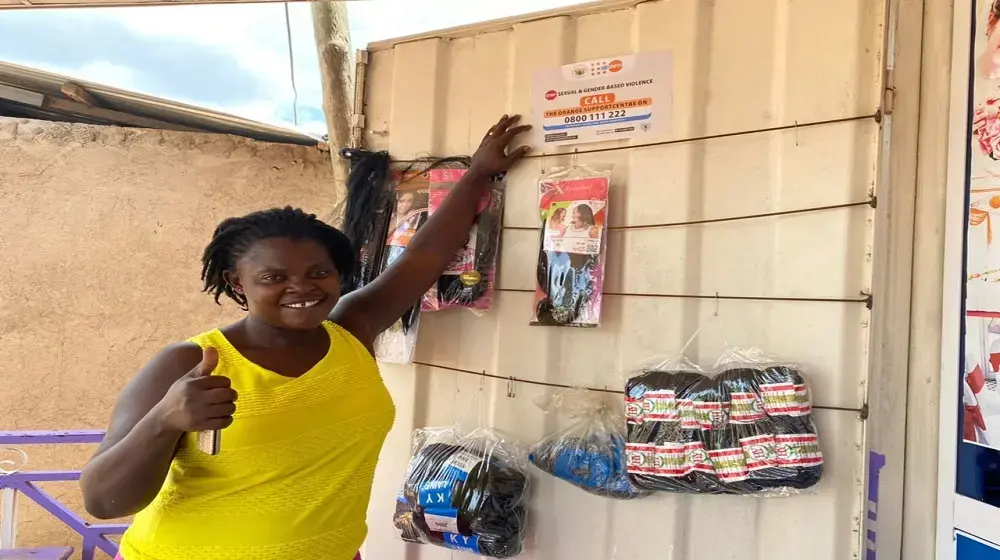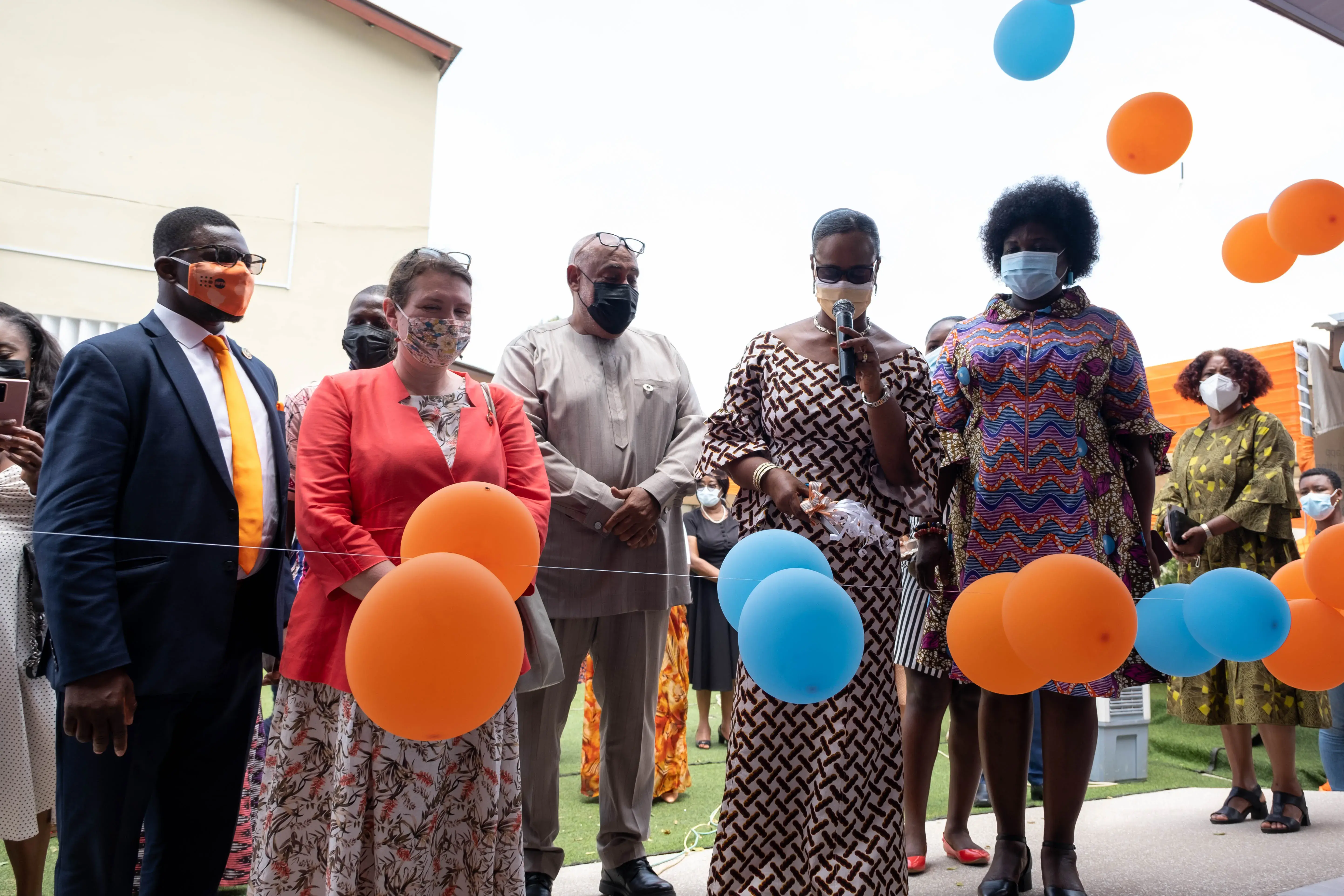“I have not known what love is. I feel my birth was a mistake. I felt alone and I still feel alone.” These are words being recounted to me by 25-year old, Lydia Eshun. She’s young but has already been through the life cycle of many an adolescent girl in Ghana, but almost with double of challenges others like her face.
At age seven (7), she experienced her first situation of sexual abuse. She remembers it quite well, but at the time, did not know what it meant. She still did not understand because for many days, weeks and even years, it continued. When she eventually tried to speak her truth once, she was accused by her guardian of telling a lie against an elderly man.
Already a shy person, that experience heightened her sense of disbelief in people and has led her to live with low self-esteem for many years. She tells me she hates her body and is not proud of her life. The apex of her troubles, she tells me, ‘came when I got pregnant and became a teenage mother’. She continues, ‘It was one of my worst moments. I didn’t have any one to talk to and I wanted to take away my life.’
Quite interestingly, the obvious—which could have been that her education will end—did not happen. A good Samaritan; a neighbour, stepped in, paid her medical bills and saw her through her pregnancy till she eventually had a child, at age 15. This same helper paid her fees to continue with Senior High School (SHS) education because she had been delivered of her child during final year of Junior High School (JHS). But this is where it got worse. Her self-esteem hit a rock-bottom low. She felt compelled to hide her stitches from the labour ward from her friends. Usually, it meant that she had to be the very first or very last person to take her bath in the communal bathhouse system in most boarding schools in Ghana.
A couple of years on, she eventually completed SHS and gained admission to the University of Ghana to study Business Administration, with majors in Public Health Administration. She went on to have an opportunity to undertake her mandatory National Service at the Parliament House of Ghana, where she met many legislators who will eventually lead her close to where she currently found herself.
Lydia was 24 when she first learnt about the United Nations Population Fund (UNFPA); and the fact that the agency was working solely in the field of Sexual and Reproductive health with a special focus on the needs of young people. To her, that was a sense of belief—a glimmer of hope—that she believed was coming her way.
Upon completing her National Service, she applied to the UNFPA Youth Leaders (YoLe) Fellowship Program so that she could learn more about how UNFPA works with and for young people, and more importantly, have access to a safe space, which would allow her to understand and appreciate her sexuality, while healing from the wounds of her upbringing.
At a point in our conversation, Lydia starts to get emotional while recounting her experiences. She tries hard to ensure that the tears do not flow. She manages it quite well and tells me, ‘I agree completely with the introduction of Reproductive Health Education for adolescents. Young people need to know; to be able to speak to someone about what they go through and to own their lives and bodies.’
Lydia has resorted to the use of drugs to induce sleep many times, and she makes me understand that, she is not able to sleep many times when she thinks about the fact that she went through sexual abuse and became a teenage mother. It makes her skeptical about love and relationships. ‘I think no one, especially my age-mates will like me, so I easily develop an affinity for older men’, she intimated.
To her, the UNFPA YoLe Fellowship Program has made her to accept herself. ‘I would have even left the Fellowship without saying anything about it because I do not believe anyone can understand me and give me counsel that would help me.’ She goes on, ‘at least, telling this story alone means a lot has changed about me and I’m ready to move on.’





